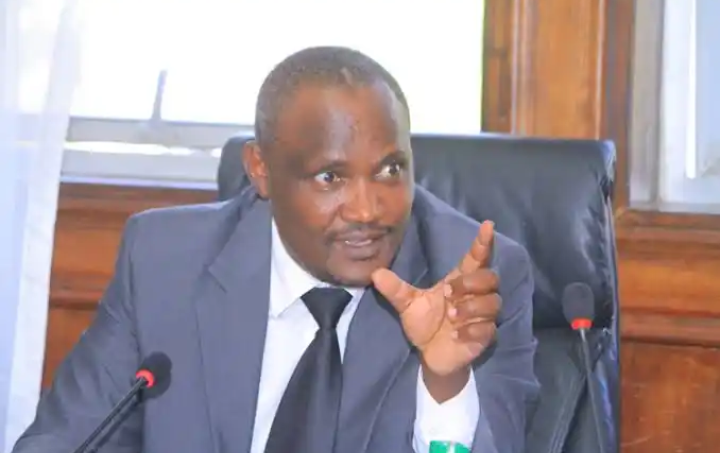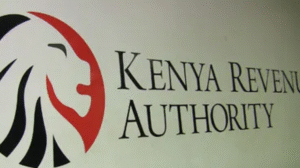During his vetting at Parliament, Treasury Cabinet Secretary nominee John Mbadi made headlines with a striking analogy about the Kenya Revenue Authority (KRA), comparing it to a cow being milked without proper care.
His remarks underscored the pressing need for comprehensive reforms within the tax collection agency.
“A lot has been said about revenue mobilization. KRA is like a cow which we milk without feeding,” Mbadi stated, highlighting the necessity for sustainable practices in revenue collection.
This vivid metaphor paints a clear picture of a system under significant strain, where expectations are high, but the necessary support and resources are lacking.
He noted that the current infrastructure and systems used by KRA need substantial re-engineering to meet the evolving demands of the economy.
Mbadi’s comments come at a critical time as Kenya faces economic challenges and an urgent need to increase revenue to fund public services and development projects.
His proposed first step is to convene a meeting with KRA leadership to discuss potential reforms.
This proactive approach signals his commitment to addressing the inefficiencies within the organization.
Experts agree that reforming KRA is essential for enhancing tax compliance and increasing revenue.
Critics have long pointed to outdated systems and processes as significant barriers to effective tax collection.
Mbadi’s bold assertions have sparked discussions among lawmakers, economists, and the public, who are eager to see how he plans to transform KRA into a more efficient and responsive agency.
“Without proper investment in technology and human resources, KRA will continue to struggle with inefficiencies,” noted a tax expert.
Mbadi’s plan to modernize KRA includes leveraging technology to streamline processes, improve data accuracy, and enhance service delivery to taxpayers.
Additionally, he emphasizes the need for continuous training and development of KRA staff to keep pace with global best practices.
Mbadi’s vision for KRA also involves fostering a culture of transparency and accountability within the organization.
By addressing issues of corruption and ensuring that tax laws are applied uniformly, he hopes to build public trust in the tax system.
This, in turn, could lead to increased voluntary compliance and a broader tax base.
As Mbadi prepares for his potential new role, all eyes will be on him to deliver meaningful change.
The upcoming months will be crucial in determining whether he can successfully implement his vision and revamp KRA.
If he succeeds, Kenya could see a more robust and efficient tax collection system, providing the necessary funds to support national development.
However, if these reforms fail to take root, KRA may continue to be a cow that is milked without proper care, struggling to meet the country’s growing financial needs.





















Add Comment